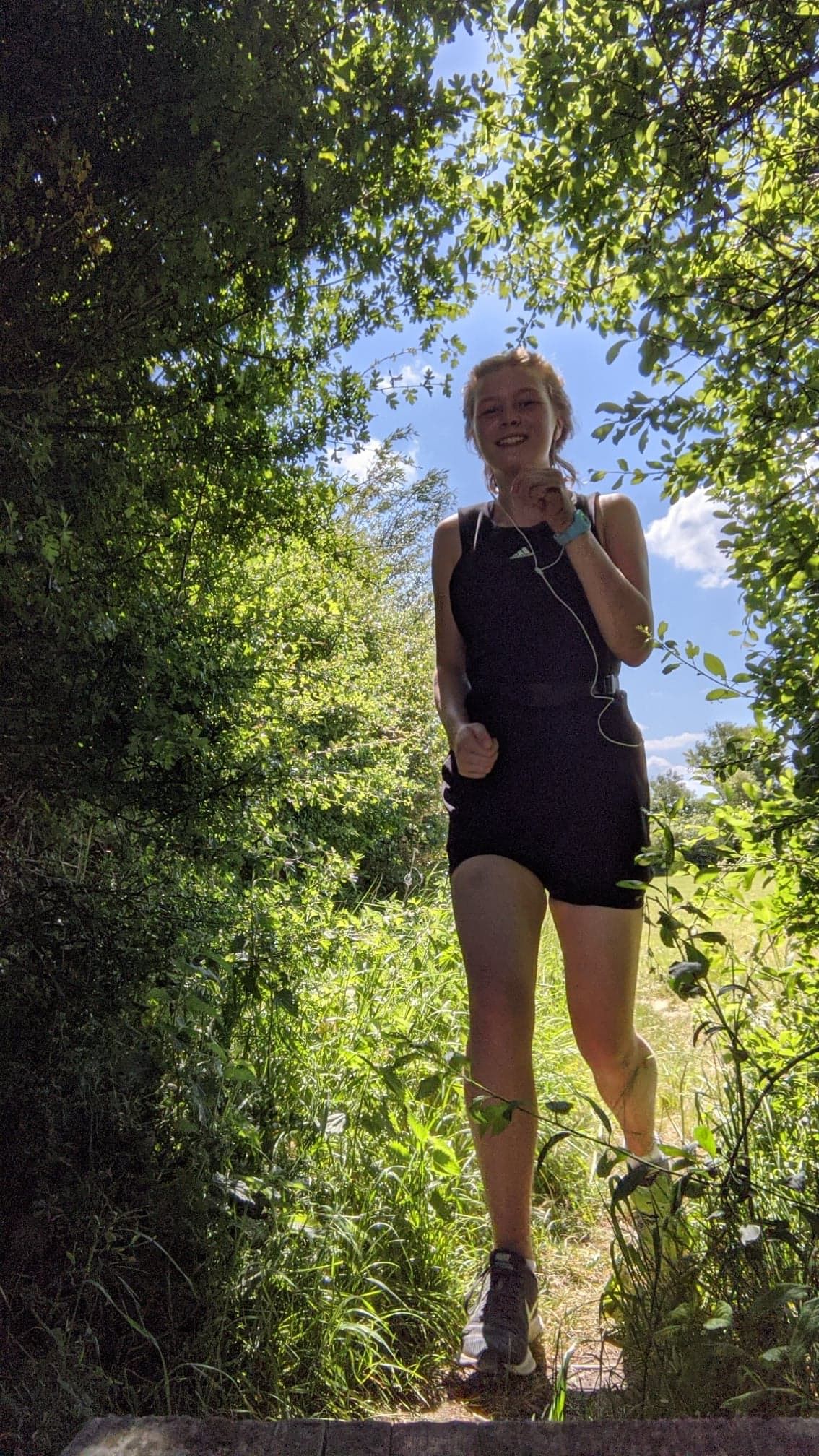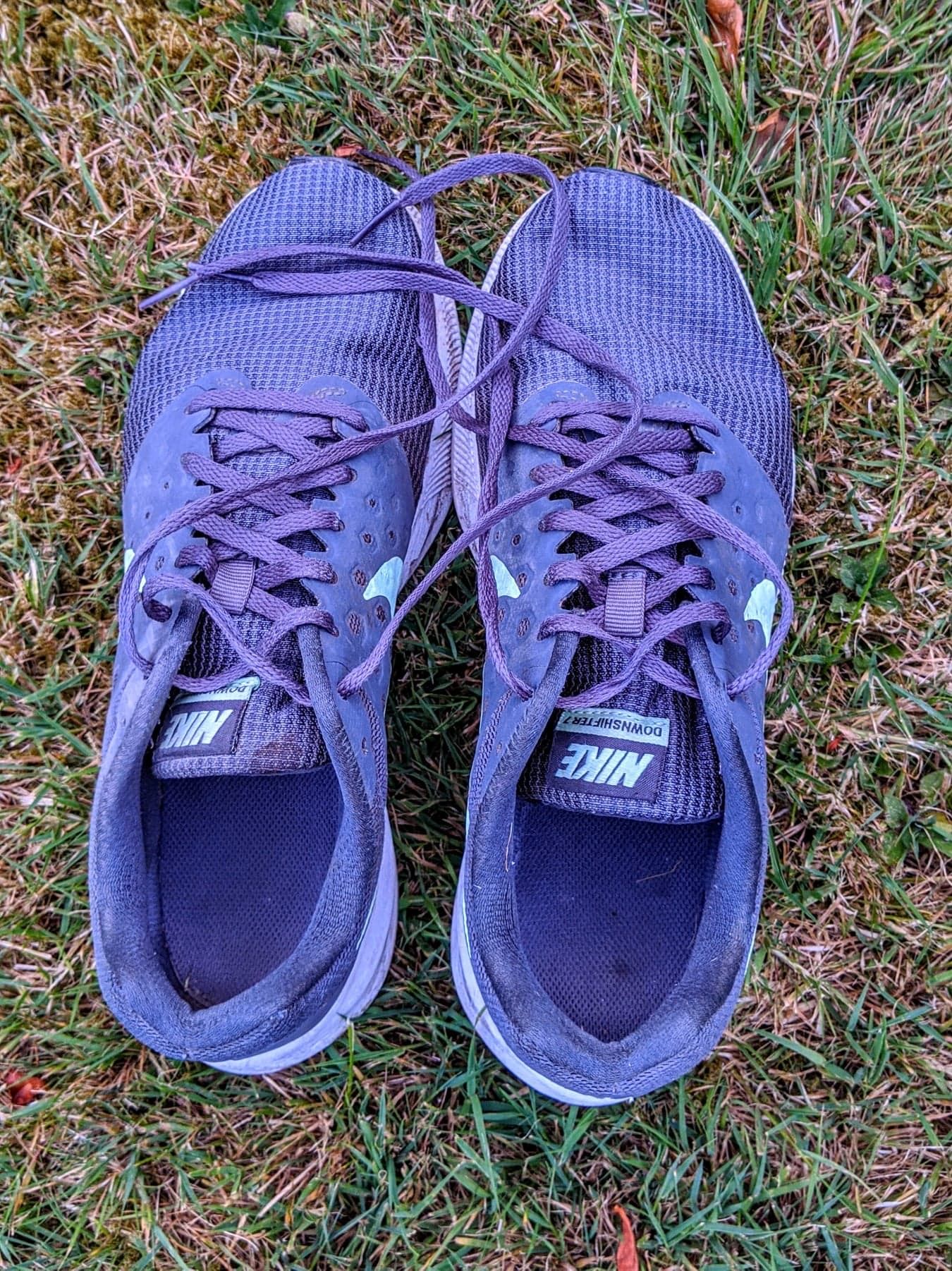By Sophie Shanahan, Second Year, German
The Croft Magazine // Exercise has become an important means for many people to boost their mood – one writer shares their experience of becoming more active.
I never wanted to be someone who liked running, in fact I often resented those who did. It seemed like as soon as you discovered whatever joy came from legging it through a park on a grim day, your face red and teeth gritted, you developed a sort of serene smugness to go along with it.
Whenever I had tried running in the past it had not stuck for more than a couple of days. I was frustrated with feeling as if, no matter how fit I was, after a few minutes of running I’d get a burning at the back of my throat and my lungs would feel ready to burst straight through my ribcage.
I would generally stop, get annoyed at not being able to do the thing that so many others could with ease, and just pronounce it not to be for me – I was not someone who ran and that was that.
I could feel the stir-craziness creeping in within the first few days
And then I became someone who ran. Lockdown for Covid-19 hit at the end of March and I found myself back living at home in my tiny, uninspiring town, surrounded by field upon field. I had no idea how long I was going to be there and could feel the stir-craziness creeping in within the first few days.
Couch to 5K had always been somewhere in the corner of my mind, but somehow it felt that, by starting the programme (which sets off with short bursts of running followed by walking and gradually builds up), it would mean admitting that I was not good at running.
With the possibility of months stuck away from university, I swallowed my pride and started with the programme. The first few weeks I veered between gandering through luscious fields with child-like abandon and swearing off the whole notion of fitness within the same run.


Something seems to happen when the blood rushes to your legs that means whatever has got stuck rattling around your mind begins to dissipate – you get lost in a song or your surroundings, or simply the rhythm of your feet on the ground and much of the worry seems to wash away.
Somehow the stubbornness within me meant I never gave into the temptations of an extra half an hour in bed and my trainers got a trip out every other day for the entirety of the training.
| How self-isolation can disrupt your sleep cycle - and how to tackle it
Lo and behold, a couple of months later and I could run comfortably for 5K straight, which seemed unthinkable back in March.
Gradually I had stopped resembling a tomato after I ran, I had realised that by slowing my pace I could run for longer, get more absorbed by the area I was running through or whatever I was listening to on that particular day, and ultimately enjoy it more. I was never going to be Eliud Kipchoge and had to be content with my resilient plodding.

I must say I get it - I understand the smugness, the runner’s high, I have started telling others to join me just so we can talk about running, and my search history currently contains the entry ‘good running trainers for arch support’ – I have become everything I once loved to hate. I loathe saying it, but it does have a lot of benefits.
Not only do I now have calves of absolute steel, the mental health consequences have been almost unparalleled.
My main motivations for starting running were to prove to myself I could do it, which I definitely feel I achieved – but the other side effects have really surprised me. Not only do I now have calves of absolute steel, the mental health consequences have been almost unparalleled.
We’re all aware of how unusual the last few months have been, and are probably sick to death of the ‘strange and unprecedented times’ of which we are constantly reminded. It seems fair to say that most people’s base levels of anxiety and stress will have increased during the pandemic, and I have definitely found it hard sometimes to calm my mind when there seems so little certainty to cling onto.
The times I do find the spinning cogs slowing though are when I pull my trainers on, start my music and run.
Now this is definitely not a fix-all, and there have been days where I got back from a run feeling no better than before I had headed out. More often than not though, I finished my run with not just a huge sense of achievement, but a steadier mind. Over the weeks, taking the time to switch my brain off had the cumulative effect of bringing down that base level of anxiety.
I hesitate to call myself a runner, because I am not going to be training for a marathon any time soon, but I am building up my distance every week, varying my routes more and getting over what originally seemed like the immense embarrassment of being seen out running by people I know – now I try to stride past them quick enough not to think about it.
As much as I hate to admit it, running has made the last few months a lot more manageable and I am starting to think the smugness is maybe just a little bit justified.
Featured image: Epigram / Sophie Shanahan
Find The Croft Magazine inside every copy of Epigram newspaper.









